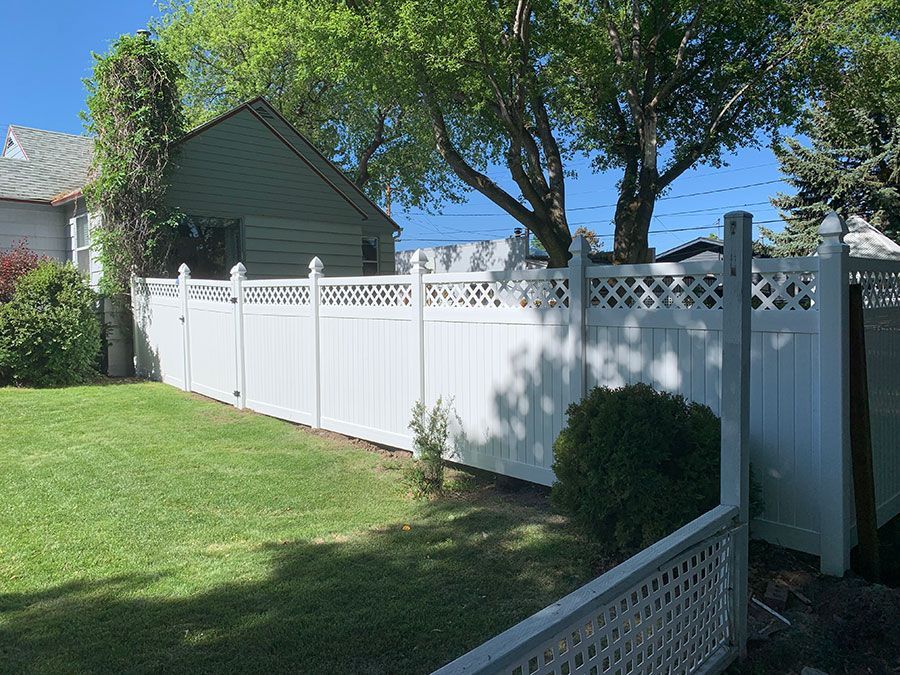Maintaining your fence doesn't always require a professional. With the right tools and a bit of know-how, you can handle many common issues yourself and save money. Here's how you can tackle basic fence care like a pro!
Tools You Need for Basic Fence Upkeep
To get started with fence repairs, gather the necessary tools. Below is a list of must-haves for most basic fence maintenance tasks:
- Hammer – For repairing loose nails or fixing broken boards
- Screwdriver – Ideal for tightening screws on wooden or metal fences
- Post Level – Helps keep your fence posts straight and secure
- Paint or Stain – Using paint or stain protects wood from the elements and prolongs its lifespan.
- Wire Cutters – Useful for trimming wire fences or cutting away tangled vines
How to Tackle Common Fence Problems
How to Fix a Loose Fence Board
If you notice a loose or damaged board, fixing it is relatively simple:
- Remove any loose nails or screws using a hammer or screwdriver.
- Reposition the board and fasten it with fresh nails or screws.
- Consider adding a corner bracket or additional reinforcement to ensure stability.
Tips for Sealing and Staining Wooden Fences
To protect your wooden fence and maintain its appearance, staining or sealing is essential:
- Begin with a thorough cleaning, ensuring you remove all dirt, debris, and mildew.
- Pick a stain or sealant that is designed for outdoor use.
- Evenly apply the stain with a brush or sprayer, working from top to bottom.
- Allow it to dry completely before putting the fence back to use.
Knowing Your Limits: When to Seek Help
Not all fence repairs are suitable for DIY. Simple tasks like tightening screws or replacing boards are easy to handle, but major issues may require professional help:
- Major structural issues, like leaning posts or a sagging fence.
- Electric fences or high-security fences that need specialized skills.
- Severe weather damage that could threaten the structural integrity of your fence.
If you're unsure whether your repair is beyond your skill level, it's always better to call a pro. It can save you time, money, and potential frustration in the long run.
